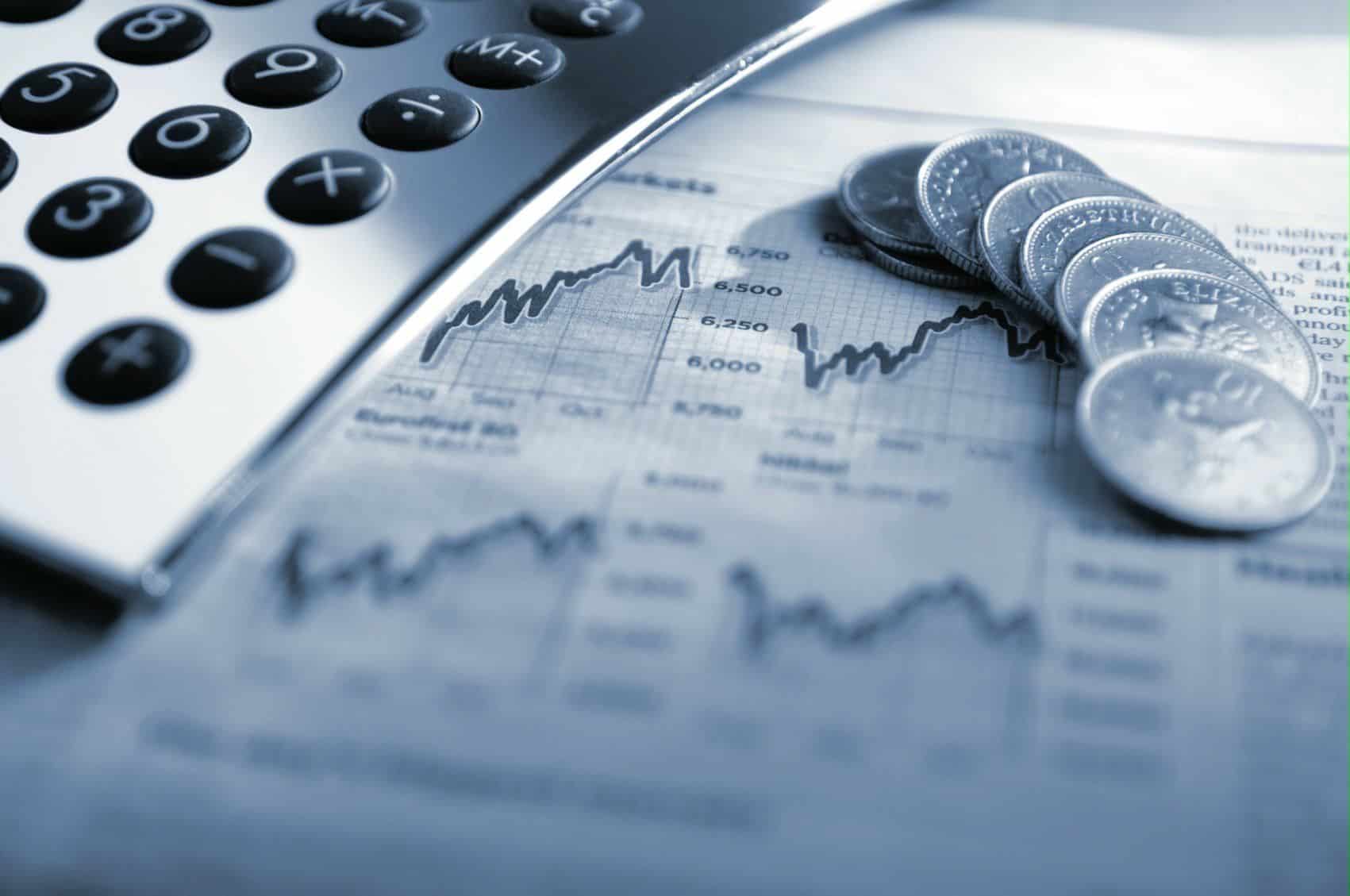Have you ever stopped to think about what really happens when you spray that all-purpose cleaner in your kitchen? At first glance, it might seem like an innocent action, right? But during my time in a local environmental study group last summer, I was profoundly struck by the unseen consequences of our daily habits. It raised some important questions for me: How do these chemicals infiltrate our environment? Am I unknowingly causing harm to our planet while I’m trying to keep my home spotless?
Through our discussions, I came to understand that I wasn’t alone in this realization. Many people, just like you and me, often remain blissfully unaware of how seemingly harmless cleaning products contribute to the degradation of our environment. Fortunately, alternatives do exist; taking small, thoughtful steps can lead us toward a more sustainable lifestyle without sacrificing cleanliness. Complement your learning by checking out this suggested external website. You’ll discover supplementary data and fresh viewpoints on the subject discussed in the piece. house cleaning services, broaden your understanding of the subject.
Understanding Ingredients: What’s Really in Your Cleaners
Every hobbyist reaches a pivotal moment where they dive deeper into the essence of their passion. For me, that moment arrived during a DIY project while attempting to create my own natural cleaning solutions. As I delved into the research, I uncovered a wealth of surprising information. Did you know that many common cleaners are loaded with harmful substances, such as phosphates and surfactants? It made me wonder—how often do we actually read the labels before purchasing these products?
Making the shift to greener alternatives—like vinegar, baking soda, and essential oils—has not only rendered my cleaning routine safer for the environment, but it has also encouraged me to be more mindful. Each time I mix my vinegar and water solution, I feel a sense of accomplishment, as if I’m doing my small part for the planet while still maintaining a clean home. What about you? Could you envision yourself embracing a similar approach?
Cultural Influences on Cleaning Practices
These collective experiences prompted me to reflect on how we can weave age-old wisdom into our modern lifestyles. There’s something intrinsically fulfilling about uniting for a shared cause—wouldn’t you agree? Perhaps it’s high time we revisited those cherished traditions and harmonized them with our contemporary values surrounding sustainability.
Innovations in Eco-Friendly Cleaning Products
During one of my regular excursions to a local farmer’s market, I chanced upon a small vendor offering eco-friendly cleaning supplies. My curiosity sparked, and I engaged in a lively conversation with the owner. She enthusiastically shared the story of her journey—from feeling overwhelmed by the chemical-laden products on the market to creating her own line of biodegradable and plant-based cleaners. It was incredibly inspiring! Isn’t it fascinating how personal experiences can blossoming into innovative solutions?
Her story reinforced my belief that every choice we make plays a crucial role in our quest for sustainability. By opting for eco-friendly products, we not only support innovation but also prioritize the health of our planet. This perspective can transform the often mundane task of cleaning into something more meaningful—don’t you think? Rather than viewing it merely as a chore, we can approach it with purpose, knowing that we’re contributing positively to our environment.
The Path Forward: Small Changes, Big Impact
As I reflect on the environmental impact of cleaning products, I’m constantly reminded of a guiding principle: “Think Globally, Act Locally.” It’s empowering to recognize that even our smallest decisions can create ripples of change. From seeking out eco-friendly brands to choosing DIY solutions, we have the power to steer ourselves toward a more sustainable future.
What if we transformed our cleaning rituals into opportunities for growth and education? How can we invite friends and family to join us in this enlightened journey? By sharing our discoveries and newfound knowledge, we can inspire others to embark on similar paths. Change may be daunting at times, but by working together, we can improve our habits and nurture a healthier planet for generations to come. We’re always working to provide a complete educational experience. For this reason, we suggest this external source containing supplementary details on the topic. professional cleaning services, immerse yourself further in the subject!
Complete your reading by visiting the related posts we’ve selected to broaden your understanding of this article’s subject:



